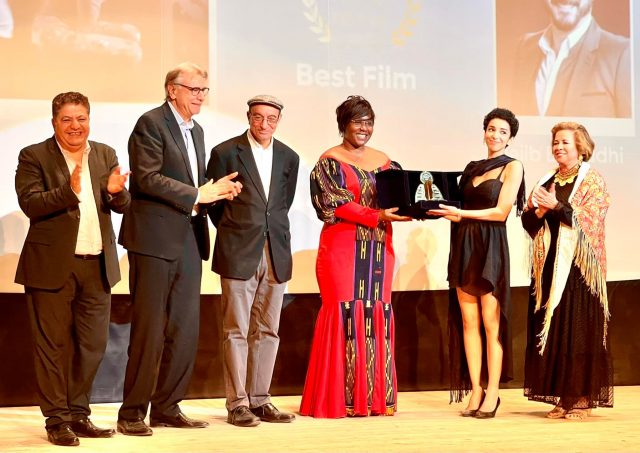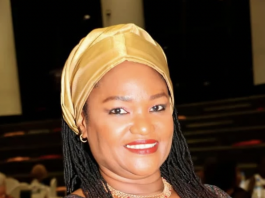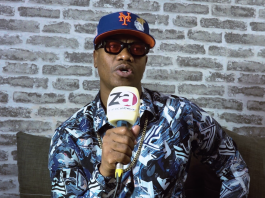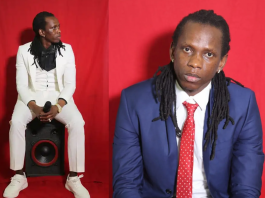The curtain fell on the 11th edition of the Luxor African Film Festival on March 10, 2022 in Egypt. We were far from the red carpet of Cannes with its limousine ballets with tinted windows, its costumed dandies, with a nonchalant look, and its midgets botoxed in pumps. 35 countries and 45 films in competition. I’ll admit it: we were far from the quota of previous editions. But, it was well worth the detour.
Under the beleaguered gaze of Hatshapsout, the only pharaoh in the history of Egypt – they must have been bloody machistas, our Egyptian ancestors! – dancers of another age move their prominent rumps. Guests, tap-dancing, smile wide. Three shots hit at a certain pace. Action. It’s spinning. A brilliantly lit room opens its doors; it is the Winter Palace with its pretentious scenery. Egyptians like to see big. Films. Names. Ovations. Then, a name. Hearty applause. A woman, still a woman! , sublime in death takes the podium. Behind her, a projection (of her) turns. But, it is she who pops the screen by her presence. Her name is Apolline Traoré.

Who’s that one again?
Let’s keep it simple and short. We’ll talk about Apolline Traoré, a Burkinabe filmmaker. We won’t talk about her age. It seems that women are not told how old they are, especially when they are in their thirties. Feminists might find a pig to swing. Personally, I don’t know her. We only have two friends in common on Facebook. Two virtual friends I’ve never “liked” and I don’t know Adam or Mariam. But, according to what I read on her wikipedia page, she grew up in Burkina Faso before finding herself, like most children of senior civil servants, in a prestigious Western school. As far as she is concerned, her father did not go into lace: he sent her to continue her studies at Emerson College, an excellent school of art and communication in Boston.

Everything really begins for her from 2000. She makes a series of short films, in order to make her hand before the big jump in the most serious, in the heavy, in the feature films. Serious productions with huge budgets that require breath and breath, and also a certain form of professionalism that is lacking in African cinema. In 2003, she produced and directed a superb short film called Konandi, la chanceuse, in bambara. She expects a lot from this film, which will be selected for the 2004 Toronto International Film Festival. A brief flash of lightning quickly smothered by the halo of silence. She misses the consecration. Expectations are disappointed. It’s bad luck. But as a struggling woman, she did not give up. That same year, she produced and directed her first feature film, “Under the Moonlight”. Camouflaged. The film does not meet the expected success. Distraught, she returned home to learn the workings of the African trade from Idrissa Ouedraogo, the director of the successful TV film Kadi Jolie. Winning choice. Upon his return home, his career explodes.
These films are successful, even though we are far from the Hollywood box offices. This Fespaco subscriber wins prizes and awards.
The latest is the distinction that the Luxor African Film Festival has just awarded him for his entire career.









